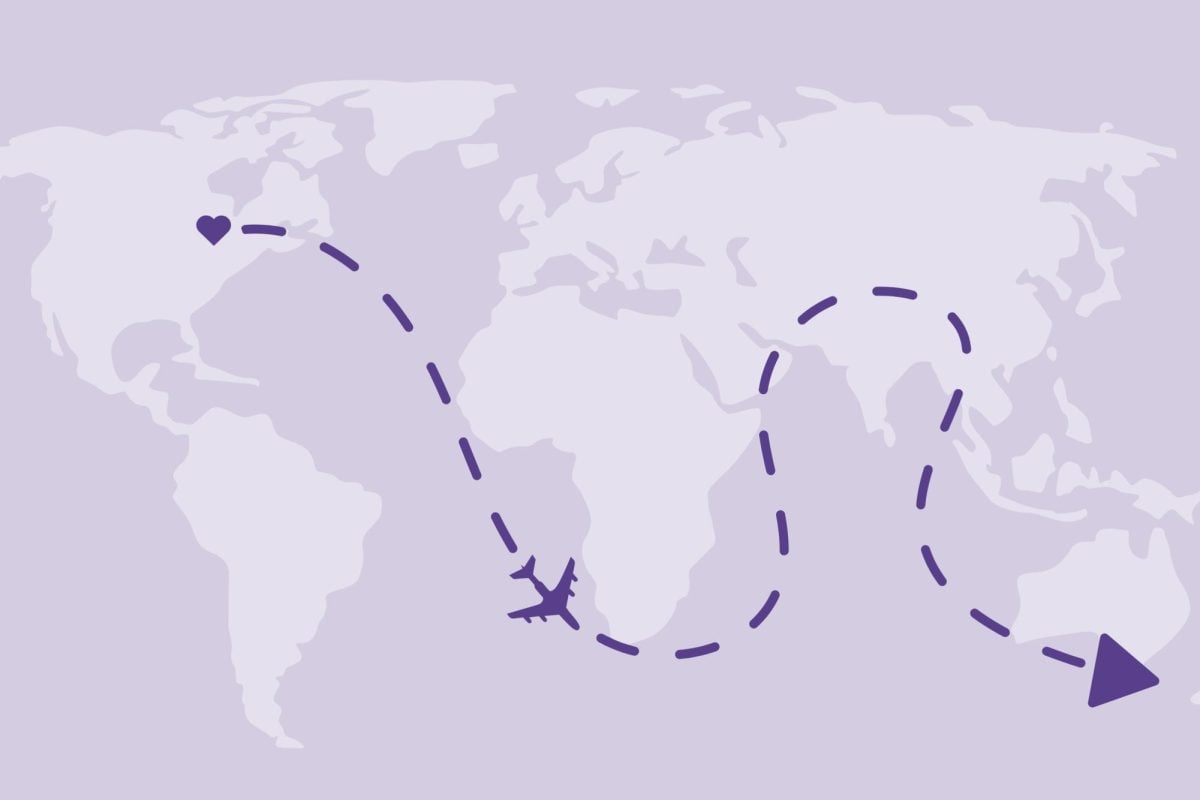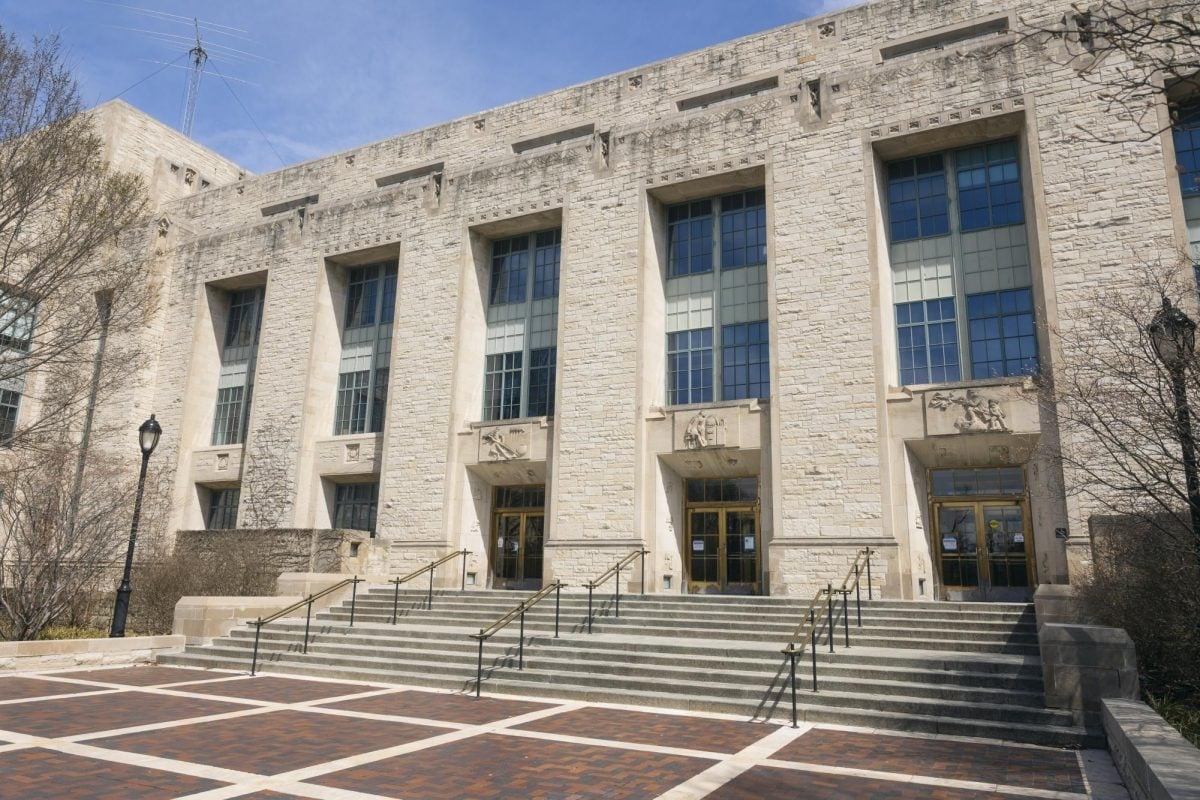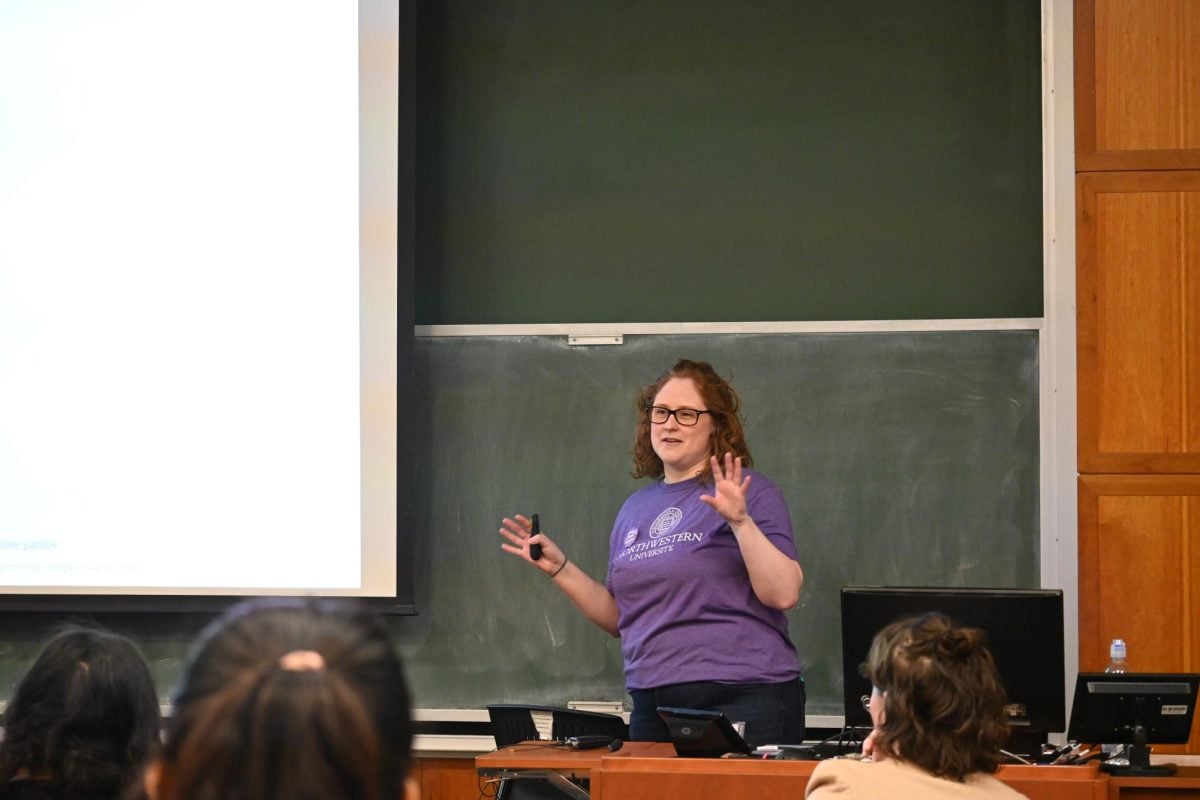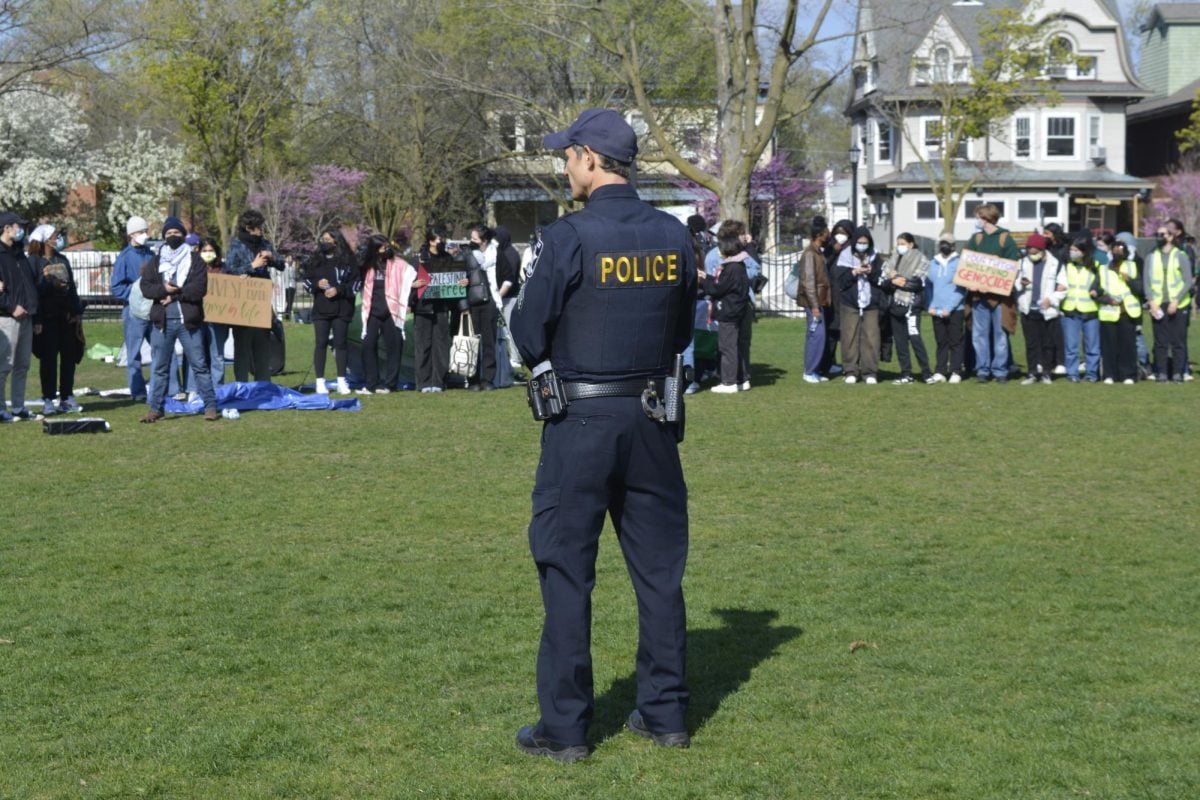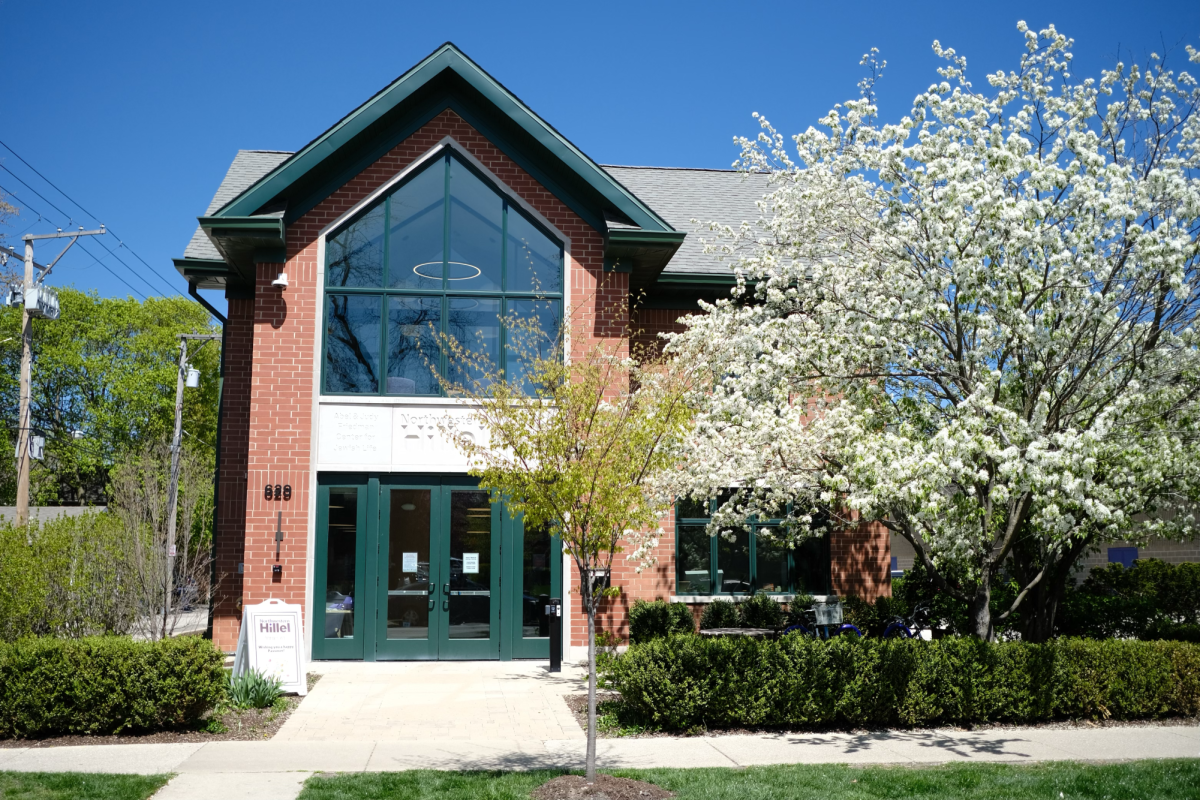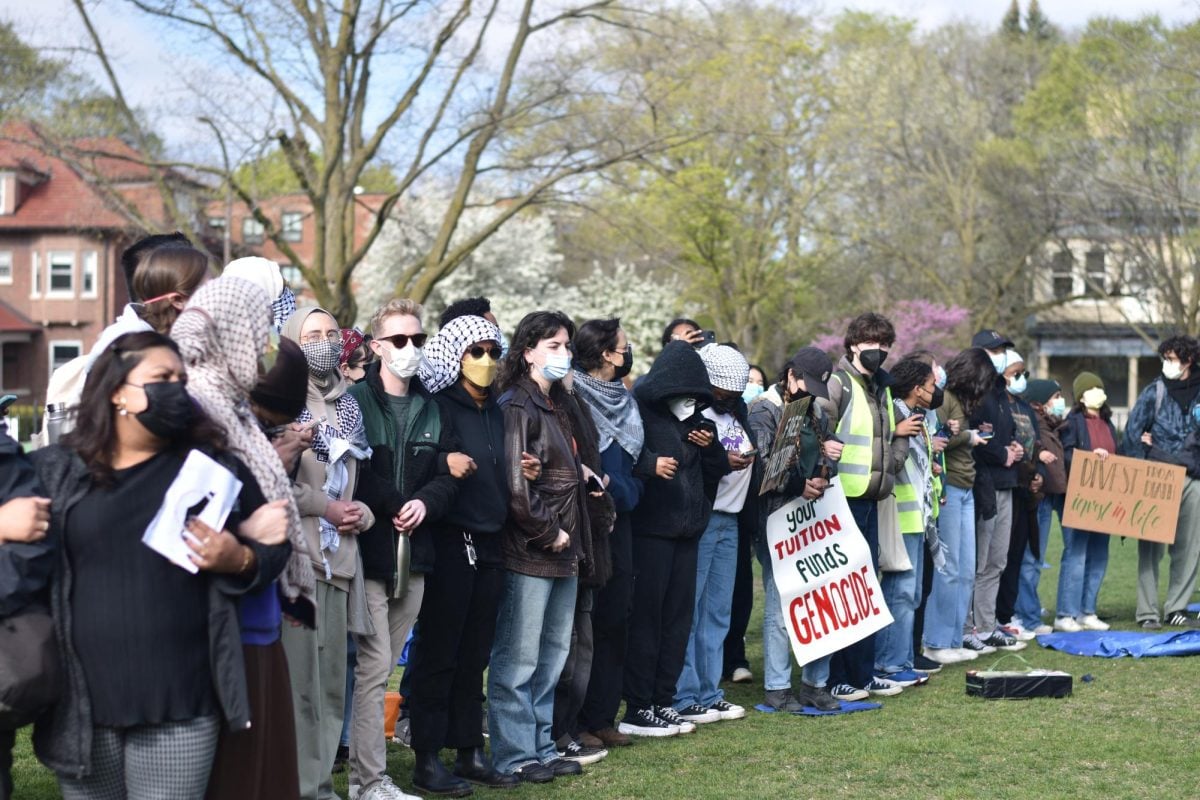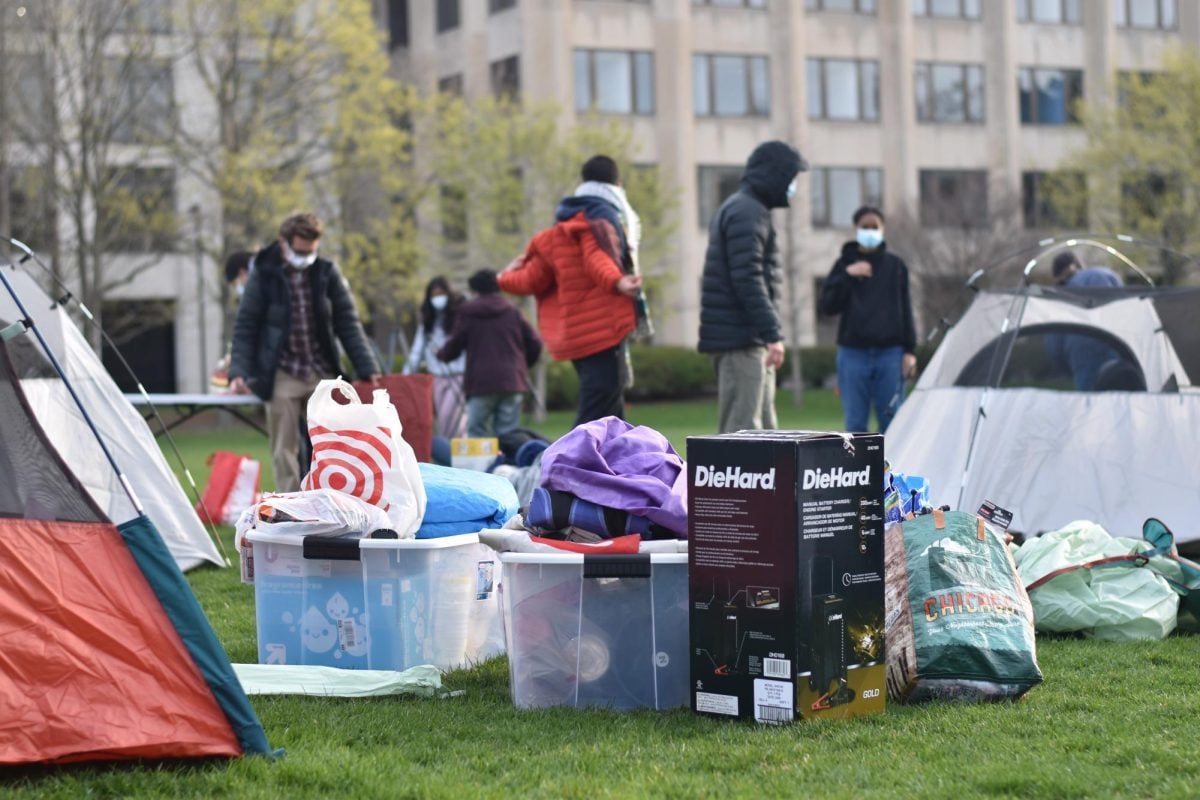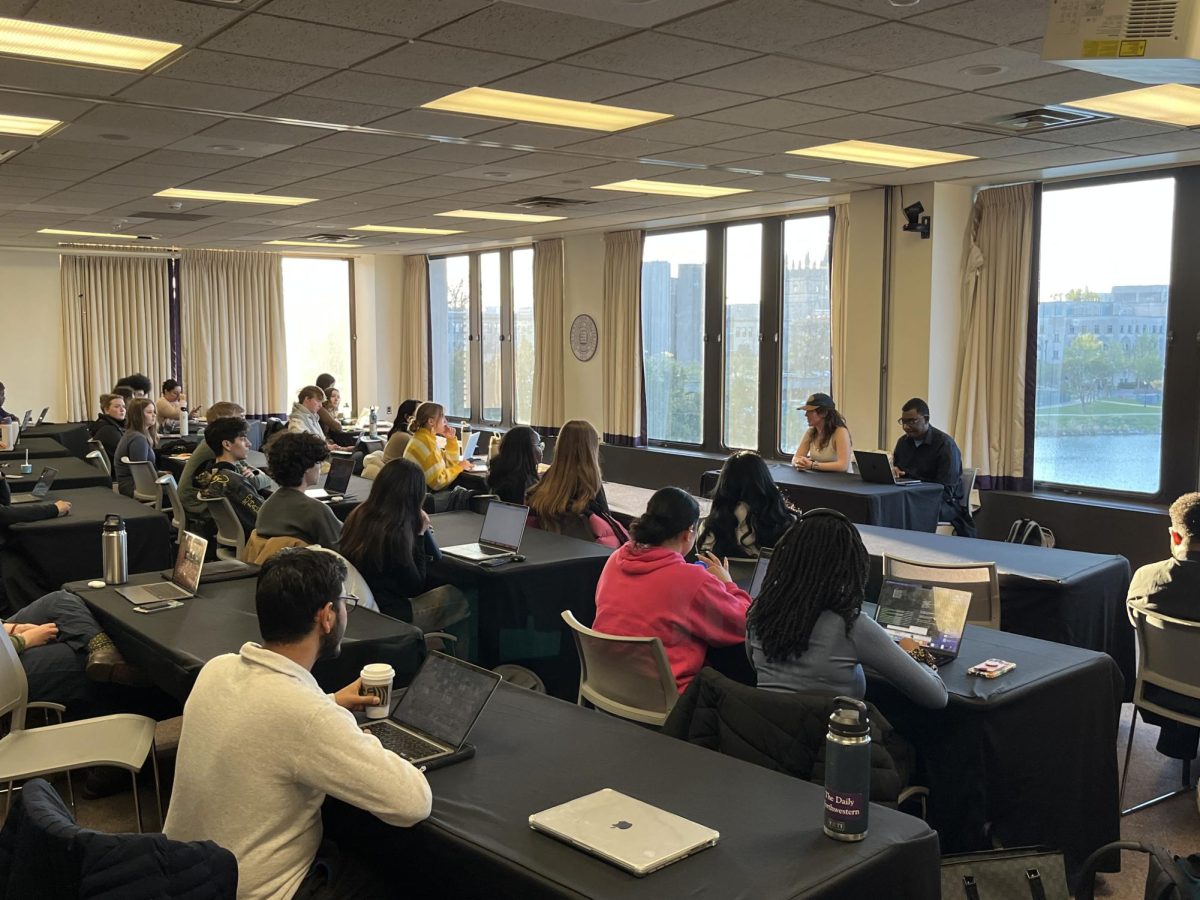An ecotourism expert explained the changing concept of travel benefiting both the environment and local people at the first quarterly lecture in the The Roberta Buffett Center for International and Comparative Studies’ Global Development Series on Thursday night.
Martha Honey, the co-director for the Center for Responsible Travel, gave a 90-minute talk about the history of ecotourism, which began as an outgrowth of the 1970s environmental movement, as well as its current trends, to an audience of about 30 people.
Ecotourism involves traveling to exotic places to support local conservation efforts.
The Center for Global Engagement invited various student groups that plan trips outside of Evanston to Thursday’s talk. Patrick Eccles, the assistant director for CGE, said the center’s mission lines up well with the idea of globally sustainable travel.
“We hope to learn how we can integrate some of these principles when students and faculty travel for University purposes,” Eccles said. “We need to know how we as members of the Northwestern community can remain sensitive outside of the Evanston bubble.”
Weinberg senior Kalindi Shah, external president of GlobeMed, said her interest in ecotourism was sparked by a study abroad experience last year in South Africa. She learned about the scholarly side of ecotourism and said she was surprised it was not as cynical as expected.
“Everything has flaws, but this is definitely a healthier direction for the tourism industry,” Shah said. “It’s more sustainable and a more socially-conscious method of tourism.”
She said while on a group safari, she questioned the authenticity of the program. Honey discussed the impact of such conventional tourism and ecotourism both in the environment and local communities. She explained ecotourism exists around the world, not solely in developing countries, but until recently little has been regulated.
“What we’ve seen in the last few years is a dizzying array of growth,” Honey said. “We are able for the first time to measure the environmental, social and economic impacts, and find that when these three are done well, they can be positive for the area.”
Much of the growth comes from large resorts and cruise ships, both of which inundate an area with unsustainable numbers of tourists. Honey said these vacations do little for local businesses and often harm the environment.
“Cruise ships are better off taking the passengers out to sea, letting them drink and gamble, and come back without stopping anywhere,” she said.
In addition to discussing the benefits and drawbacks of ecotourism, Honey spoke about the growth of voluntourism, in which travelers spend part or all of their vacations volunteering.
“Voluntourism has been a feel-good activity on the part of travelers and not a critical look at communities,” she said. “It’s not simply a Band-Aid or a feel-good activity for the travelers.”
Eccles said he hopes the audience integrates these principles into future travel.
“When we enter into communities for research purposes or service learning, we need to consider how we prepare ourselves to be constructive and tread lightly in new contexts,” he said.
The next Global Development Series talk will take place Feb. 5, 2013 with Daniel Sumner, an agricultural research economist, speaking about the effect of American subsidies on developing nations.

